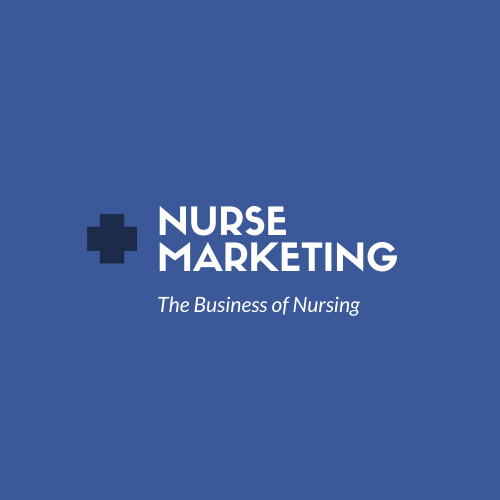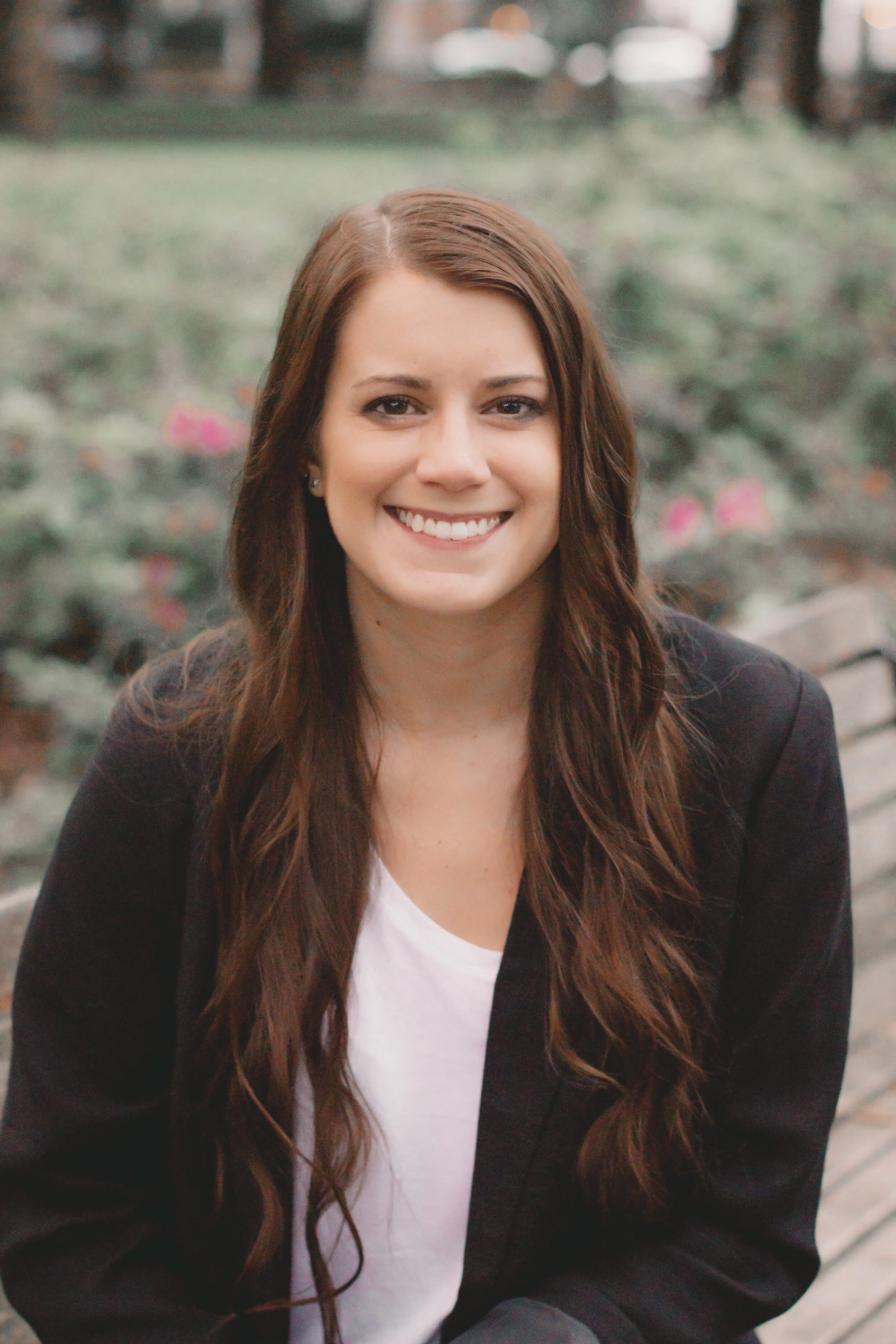Occasionally I seek out Guest Contributors who have interesting career stories.
While these stories were delivered PRE-COVID19, in light of what that is changing in Healthcare, their experiences are even more timely for ALL who may be re-evaluating aspects of their career.
About our Guest Contributor
Brittany Merkle holds a Bachelor of Science in Nursing from the University of Virginia and a Master of Fine Arts in Service Design from the Savannah College of Art and Design (SCAD). She is one of the first nurses to graduate from SCAD and the first in the country with this specific degree combination. She has experience in Hospice Case Management, acute and urgent care services as a practicing Registered Nurse prior to pursuing her Master’s, where her thesis focused on service design as a lens for nursing innovation. She is passionate about the demystification of innovation and catalyzing innovative behavior amongst healthcare providers and caregivers. Her work also is focused on enhancing patient and provider experiences through innovative care models and digital tools at University Hospitals Ventures.
Tell us about you and how you help people beyond the bedside:
My practice and philosophy of work provides a unique take within a traditional and risk-averse industry.
Through demystification of innovation and diffusion of an innovative culture through my practice, organizational "problems" are reframed as opportunities.
For providers and consumers, the design process and its inherent permission for creativity and failure alleviate the emotional pain of compassion fatigue and provide a conceptual respite from stagnant ways of thinking.
When did you first see this problem as one that needed to be solved?
Ever since I was a little girl, I saw art and science as two siloed practices. I always felt the need to choose, and it felt as though it was one or the other.
When I began to establish my career as a nurse, I noticed that my creativity was blocked and I struggled to leverage a creative and experiential lens into my clinical work.
I noticed the gaps in the system and the tragic delivery of care this led to in end of life care until I finally decided to do something that felt at the time drastic.
I pursued my Masters in Service Design because I knew healthcare, the industry which I felt such a strong calling to, didn't have to be the way it was. I transitioned from a desire to make a difference to making things and systems truly different.
Did the problem ever seem like it was bigger than you?
Everyday. It is much bigger than me - it is much bigger than a nursing problem - it is much bigger than one health system's problem.
Healthcare as an industry has huge gaps in consumer and provider experiences that need more than "fixing."
It needs a total re-envisioning and service design of care delivery models, care team dynamics and understanding of the demand rather than the supply.
What makes YOU stand out from others who may solve similar problems?
I struggle to see myself as one who "stands out," being in Dr. Bonnie Clipper’s words a "friendly introvert." I reflect; I overthink and I overfeel, but I'm learning to use this to my advantage.
It is the work I do, rather than me as an individual, that I wish to stand out.
I hope to disseminate insights and knowledge from my professional and personal journey along the way that provide an honest, sometimes raw, interpretation as a nurse and designer.
Some say, "It's not what you know, it's about who you know." In terms of developing business relationships, do you agree with that statement? Please explain your rationale.
First comes who, then comes what. You might get the opportunity to be standing at a conference with one of the most profound leaders in your niche, but if you can't connect the dots and find your shared familiar, to walk the walk and talk the talk, then it will be nearly impossible to develop a relationship.
I recently heard a strategy that seemed so simple yet effective for not only establishing that relationship, but maintaining it:
1) Get to know the person you want to work with as a person in the very first meeting, not as a worker.
2) Check the titles and the name tag at the mental door.
3) Ask them, who are you as a person? What do you do when you're not in these four walls?
I've learned it reduces my anxiety to remind myself - everyone is a human and I've found strange, unlikely connections lead to the best of collaborations.
Tell us about your transition. What was the process of moving away from the clinical role into a business role? What mindset shifts, if any, did you need to make?
It was a few years ago and a cold Virginia morning when I was the first car to pull into the urgent care facility parking lot. I unlocked and disarmed the building alarm, began to check off the boxes for the opening duties and responsibilities checklist. I went through the daily motions, leaving each day with part frustration, part inspiration.
I couldn't explain why I kept being a nurse when I felt like I couldn't master the art of self-care, or why my nursing career was my biggest source of inspiration for writing and yet biggest mental block simultaneously, or why I kept feeling the need to describe my environment with 'front' and 'back stage' terminology.
When my sister happened to do a conference or training session in Savannah, she encouraged me to look at Savannah College of Art & Design. I immediately knew if I were to apply, Service Design is where I wanted to land. Eventually, with some courage, I reached out to the Department Chair and the rest is history. Being the only nurse and often times 'non-designer' in my classes and projects, I had to and still fight imposter syndrome today, but I shed a layer of skin I didn't know I had developed.
I unlearned just as much as I learned. I unlearned that I was not "just a nurse," that I do have a role in both the nursing and design communities and that perhaps, I could form or support a bridge between them.
I knew something had to change for me, and it just happened to be around the time of the forefront in nursing innovation and the value of design for healthcare.
What has been the hardest thing in starting in your specific type of business or job role?
Overcoming impostor syndrome. Still working on figuring out the secret sauce on that one.
What has been the most rewarding thing about being in your business or job role?
I can touch many, many more patients' lives and redefine my own terms of 'touching' a patient or making a difference. It is very rewarding, after several iterations in the design process, to see a final 'product' (a good or a service) implemented and making a change in numerous patients' lives and experiences.
What would you say are the five important resources (books, conferences, associations) for a nurse who wants to explore innovation and design?
1 - This is Service Design Doing (book), a co-created work with so many tools and approaches to service design and Service Design Network Global Conferences / local chapters, chances are someone will be working on a healthcare project and LOVE the input of nurses
2 - American Nurses Association, leading several webinars and offerings in the space of nursing innovation
3 - Nursing Institute for Healthcare Design, if interested in built and interior environments, or just finding your 'tribe' of supportive career-transitioning nurses
4 - LinkedIn, LinkedIn, LinkedIn (the power of 1:1 relationships is just as important)
5 - Mad*Pow's Health Experience Design Conference, amongst many other health-focused design conferences, where you find clinicians, tech gurus and (all types of) designers begin to speak the same language.
Who supported you during this transition? Did you have paid mentorship or coaching? If so, what made you make that investment in paid support?
"Paid support" - does a ton of student debt count?! I grew up in a household where academics were everything. "Education is never wasted money," my dad would impress upon my sister and me. I have found each of my educational opportunities to be transformative in different ways, yet both providing a strong return on investment. I learned how to deviate positively, though and make my own way to a creative career through building relationships with mentors, professors and coaches in both nursing and design fields.
Is there anything else you would like readers to know?
I'd love to meet nurses who are interested in exploring careers in design, innovation or unique forms of research. I am always open to a conversation and a coffee chat if you happen to be in the NEO area or would like to be connected to nurses/designers to others in my network.
Website + Social Media Handles :
Connect with Brittany:
https://www.linkedin.com/in/bmerkle
About the business of nursing founder Amelia Roberts RN
#TheBusinessofNursing
Amelia felt invisible in her role as a registered nurse and chose to learn how to use social media for something beyond watching cat videos.
Now alongside other hats, Amelia elevates the voice of nurses and helps her clients get booked as guest experts on live videos, podcasts and/or virtual conferences so that they can grow their audience without feeling the need to “overshare” or document their entire lives on social media.
When she is not slaying obscurity you can find her planning real and imagined food tours.
Feel free to connect with her on LinkedIn https://www.linkedin.com/in/ameliaroberts/



